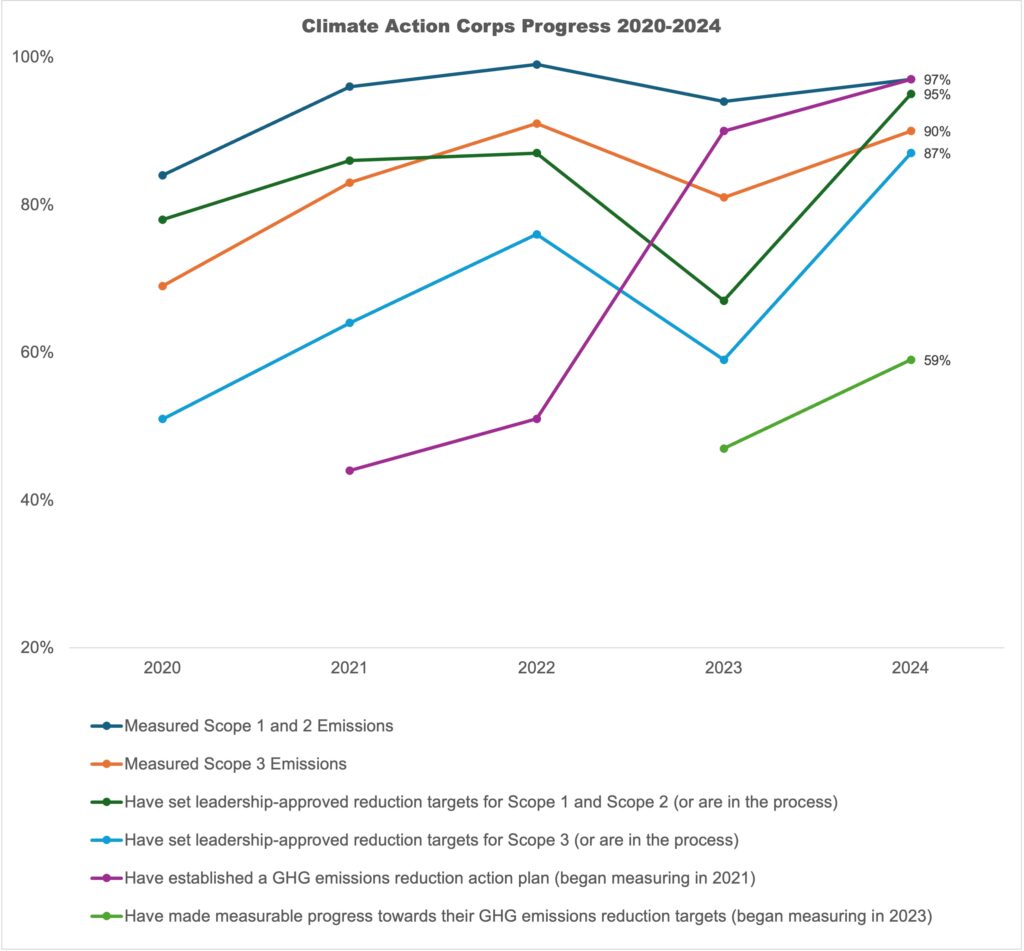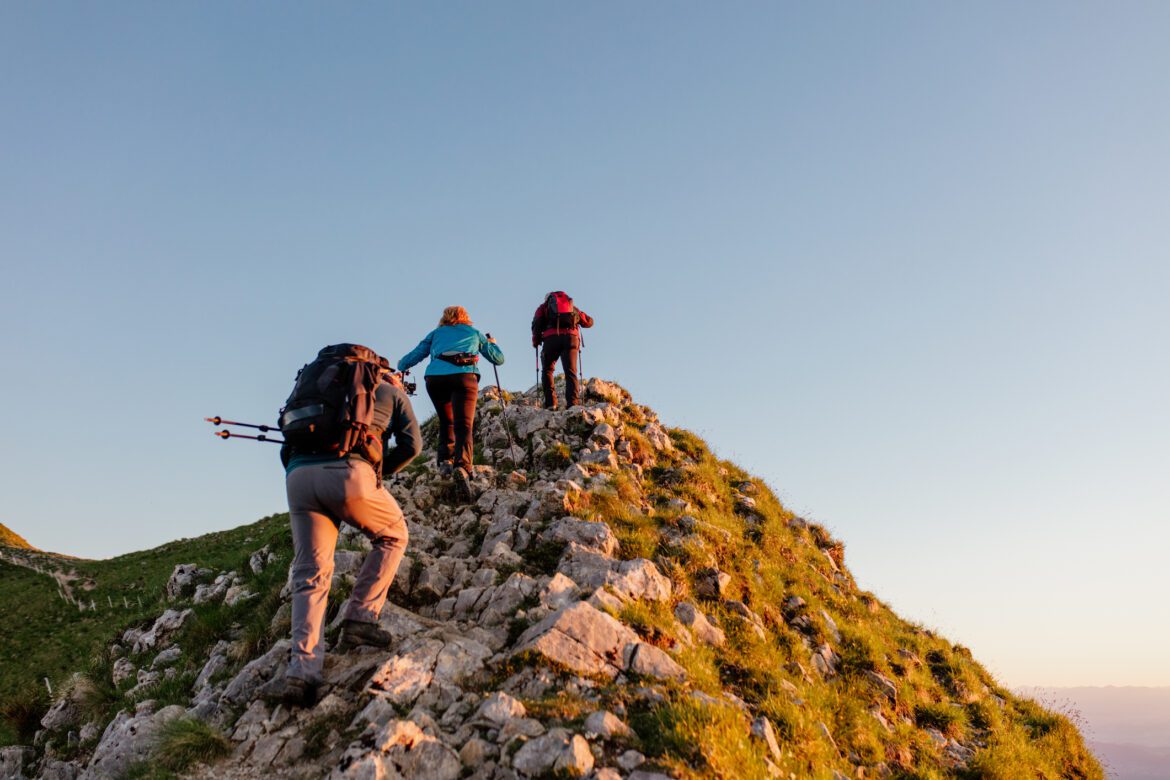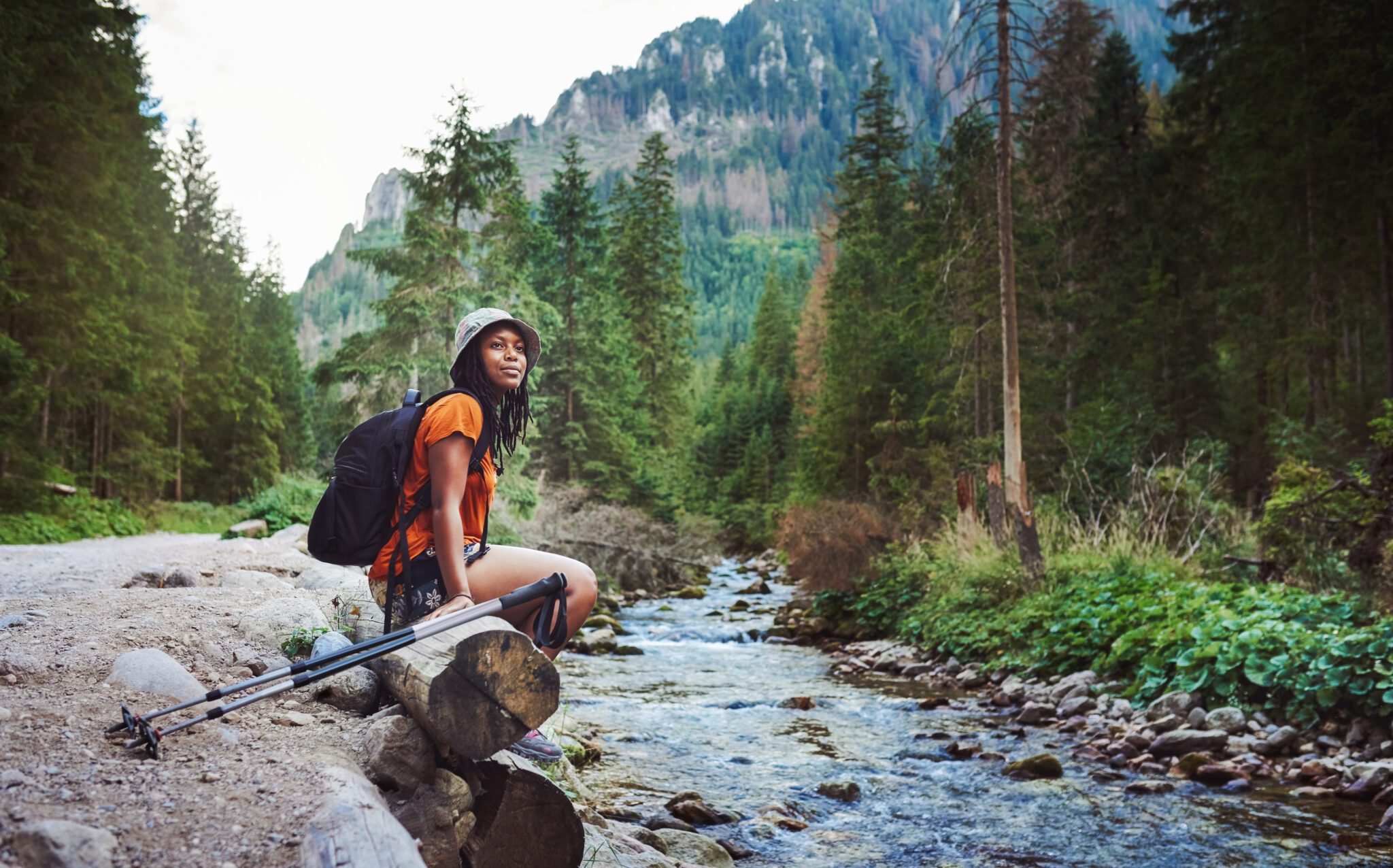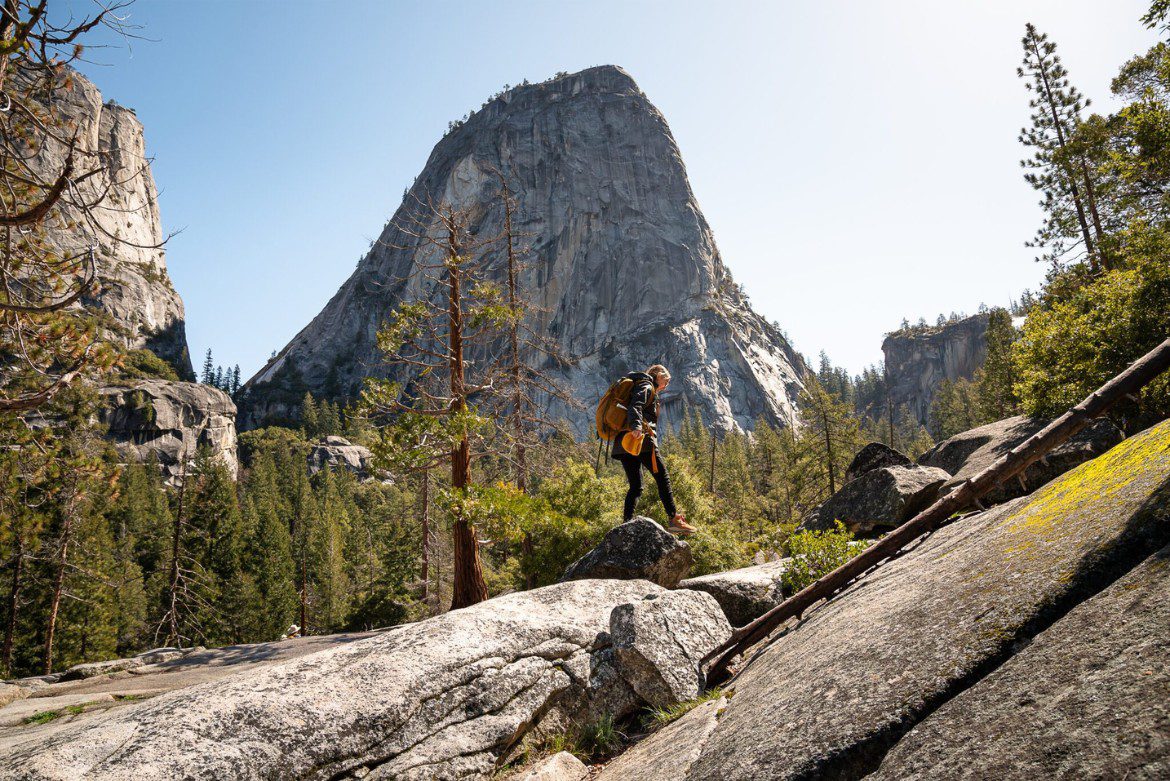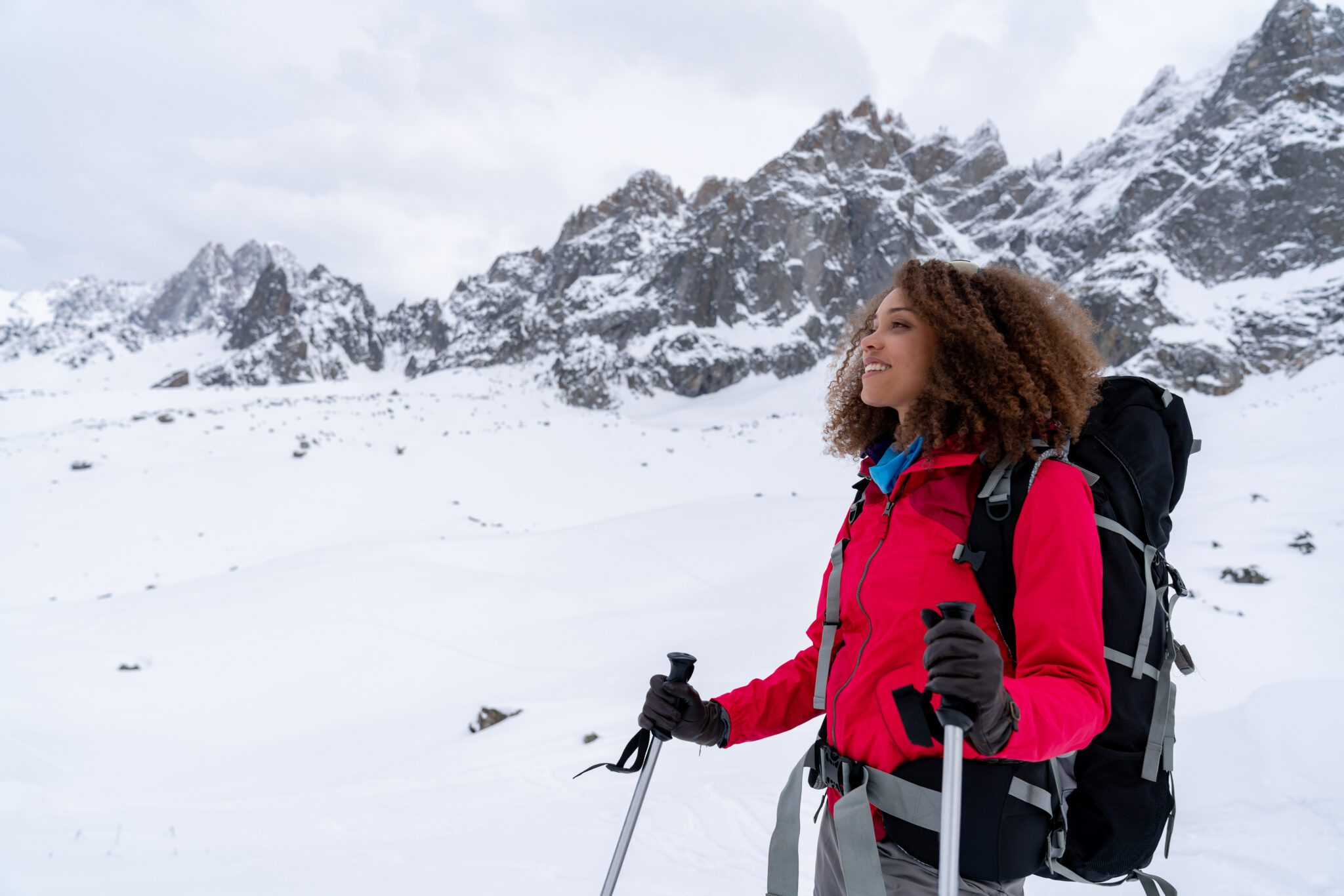REI Co-op, Carhartt, ERM Coho, and Outdoor Industry Association (OIA) announced their participation in a collaborative solar project. The solar project, Misae II, developed by Greenalia, is located in Texas and will begin delivering renewable energy certificates to REI Co-op and Carhartt in 2026.
The collaborative solar project, accessed via a Virtual Power Purchase Agreement (VPPA), was offered through OIA’s Climate Action Corps Impact CoLab, in partnership with member brands and ERM Coho. OIA’s Impact CoLabs accelerate industry progress by enabling brands and suppliers to work together, meeting company sustainability goals more efficiently and cost-effectively. Learn more about Impact CoLabs here.
“We’re excited by how this VPPA will support our longstanding commitment to 100% renewable energy. This is our largest solar project (yet) in a state where we have a strong presence with 11 stores. Partnering with others in the outdoor industry on this project demonstrates how collaboration is critical to accelerating the decarbonization of our grids and protecting everyone’s right to a healthy outdoors,” said Jay Creech, manager of net zero for REI Co-op.
A VPPA is a financial contract for differences between a buyer (or group of buyers) and a large-scale renewable energy project, in which the buyer commits to a fixed price and receives the floating wholesale electricity price. Companies that are unable to install onsite solar to meet 100% of their energy demand can use VPPAs to procure offsite renewable energy. VPPAs are typically only available to very large energy buyers. Smaller companies can access VPPAs by working together, and industry associations like OIA provide a platform to enable that collaboration.
“This agreement demonstrates the success that results from buyers and developers being collaborative. When companies unite as a structured buyer group, they unlock access to large-scale clean energy solutions and strengthen decision-making,” said Chris O’Brien, Partner, Vice President Business Development for ERM Coho.
Key Outcomes of the VPPA CoLab:
- Renewable Energy: The VPPA supports 18.5 megawatts of renewable energy.
- Collective Impact: Individually, OIA members would not have met the electricity supply required to participate in a VPPA. By coming together through OIA to aggregate their energy demand, members were able to execute a joint VPPA.
- Building Knowledge: Members gained a strong understanding of the complex VPPA market through the CoLab. The collaborative process demystified renewable energy procurement and equipped members with the tools to execute a clean energy deal.
- Driving New Construction: The CoLab enabled the construction of a new utility-scale solar project in Texas, bringing additional clean energy onto the grid.
- Verified Impact: CoLab participants receive Renewable Energy Certificates (RECs), allowing them to reduce their emissions.
“The path to a better future is paved through collaboration and partnership,” said Gretchen Valade, Director, Sustainability, Carhartt, Inc. “No single organization can tackle the complexities of decarbonization alone, but together, we can drive meaningful progress. We are proud to be a part of this important effort to support renewable energy generation and build a more sustainable world.”
“We are incredibly proud of the successful collaboration among the VPPA CoLab participants, culminating in a renewable energy project that will deliver long-term clean energy benefits and advance the outdoor industry’s collective climate goals. This project stands as a powerful testament to the impact we can achieve when we unite our efforts and provides a replicable model for others in the industry,” said Julie Brown, Director of Sustainable Business Innovation at OIA.
About Outdoor Industry Association
Based in Boulder, Colo., with offices in Washington, D.C., Outdoor Industry Association (OIA) is a catalyst for meaningful change. A member-based collective, OIA is a passionate group of business leaders, climate experts, policy makers, and outdoor enthusiasts committed to sustainable economic growth while protecting – and growing access to – the benefits of the outdoors for everyone. For more than 30 years, OIA has catalyzed a thriving outdoor industry by supporting the success of every member company across four critically aligned areas: market research, sustainability, government affairs, and inclusive participation. OIA delivers success for its members through education, events, and business services in the form of solutions and strategies, consultation, collaboration, and opportunities for collective action. For more information, visit outdoorindustry.org.
About Carhartt
Established in 1889, Carhartt is a global premium workwear brand with a rich heritage of developing durable products for workers on and off the job. Headquartered in Dearborn, Mich., with more than 3,000 employees worldwide, Carhartt is family-owned and managed by the descendants of the company’s founder, Hamilton Carhartt.
About ERM Coho
ERM Coho is a global climate adviser dedicated to helping clients navigate complexity and take ambitious steps on their climate journey. We provide deep market insight, analytical problem-solving, and change management expertise so that clients can switch to renewable energy and make other large-scale climate and water resiliency investments with confidence and internal alignment. To learn more about how ERM Coho can help organizations get ahead of their climate goals, visit www.cohoclimate.com.
About Greenalia
Greenalia S.A. is a global IPP focused on renewable energy. The company uses wind, sun, and forestry biomass from certified plantation residues to generate and store energy in harmony with nature, providing employment and innovation in Europe and the US. The company’s main activity is the generation of renewable energy, being present in six technologies: onshore wind, offshore wind, solar, biomass, storage, hydrogen, and carbon capture.
About REI Co-op
REI is a specialty outdoor retailer, headquartered near Seattle. The nation’s largest consumer co-op, REI, is a growing community of 25 million members who expect and love the best quality gear and outstanding customer service. In addition to the co-op’s many stores across the country, outdoor enthusiasts can shop at REI.com, REI Outlet, or the REI shopping app. Everyone is welcome to shop at REI, but members who join the co-op enjoy a range of benefits. REI is a purpose-driven and values-led company dedicated to enabling life outside for all.
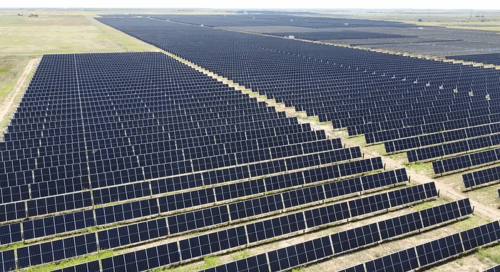




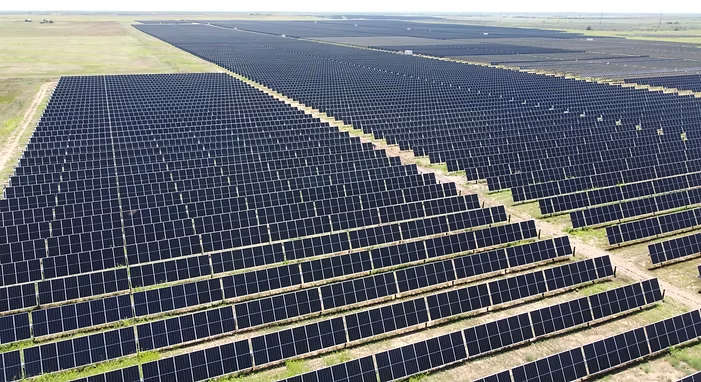
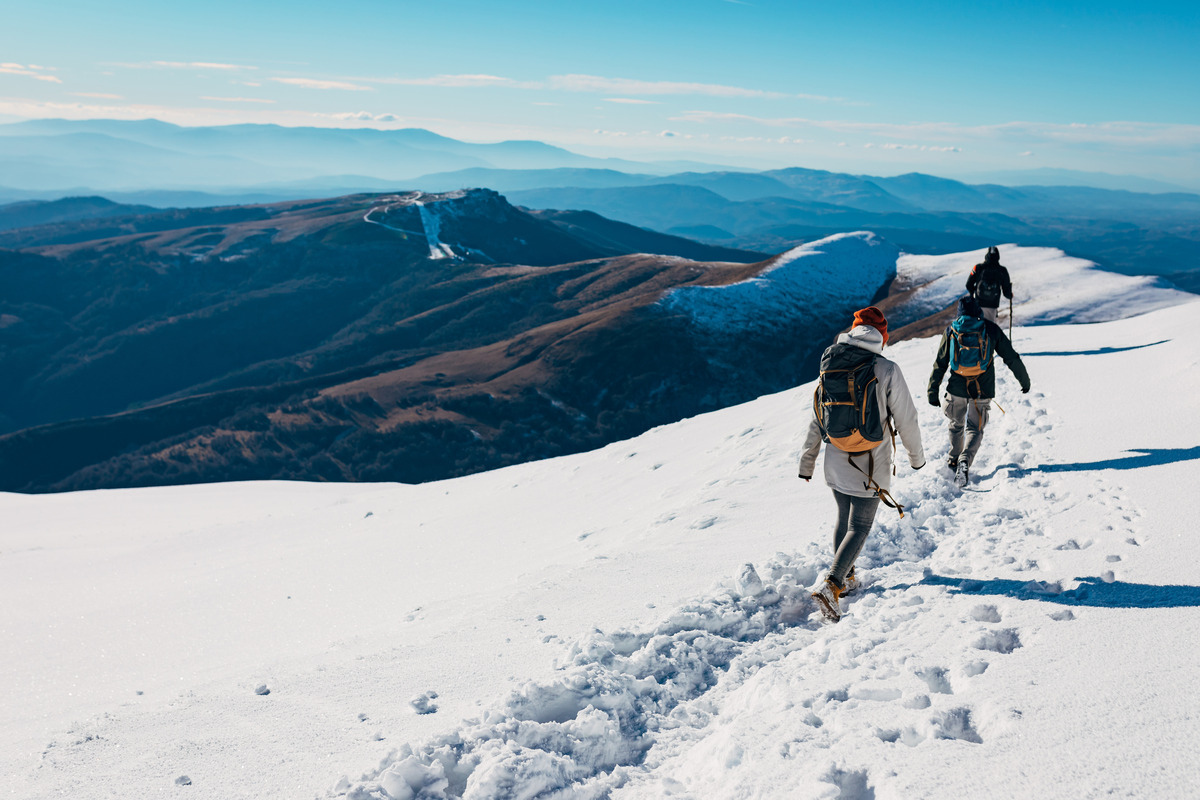
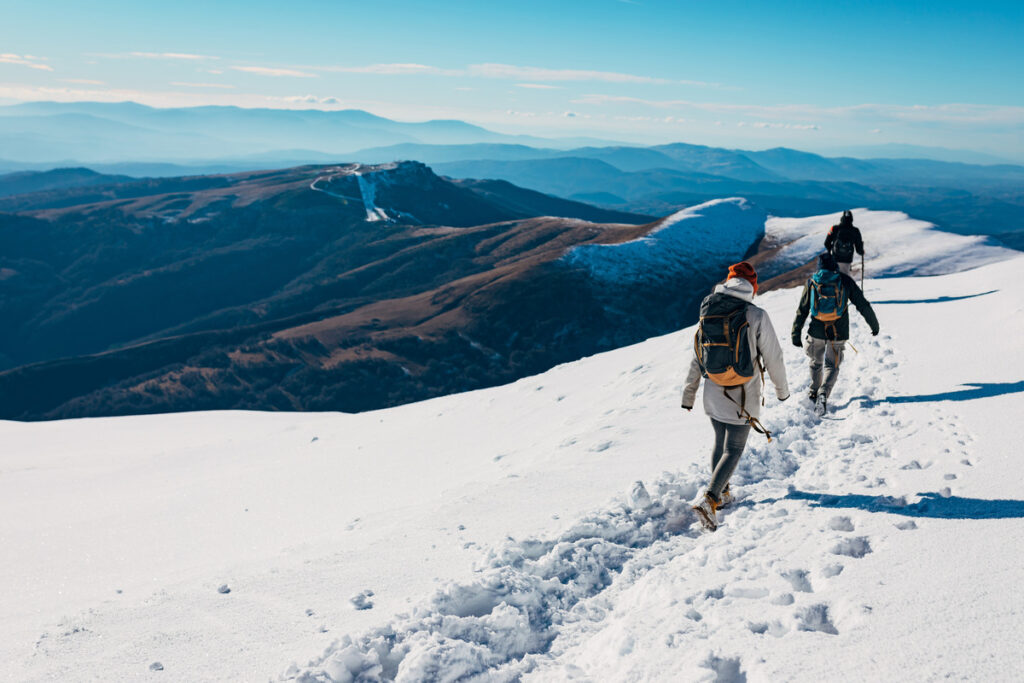
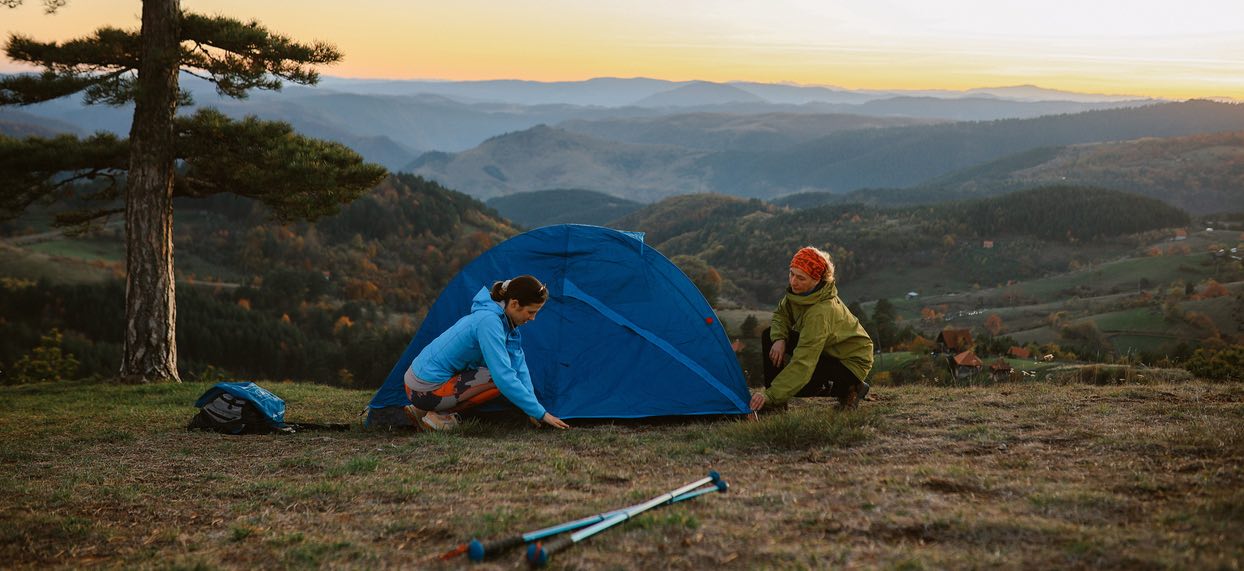
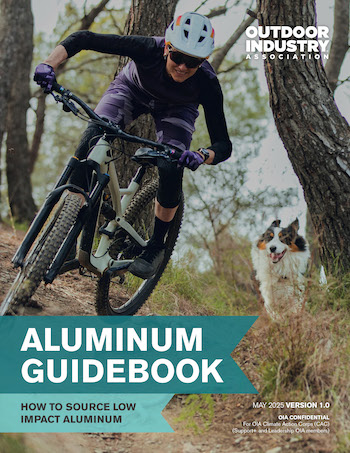 Introducing OIA’s Aluminum Guidebook
Introducing OIA’s Aluminum Guidebook
